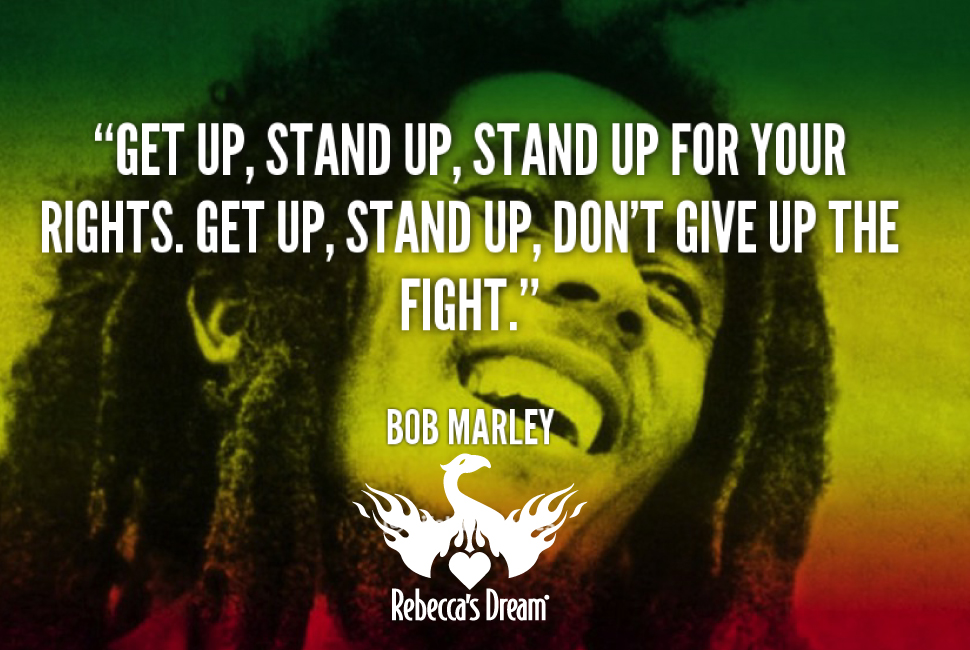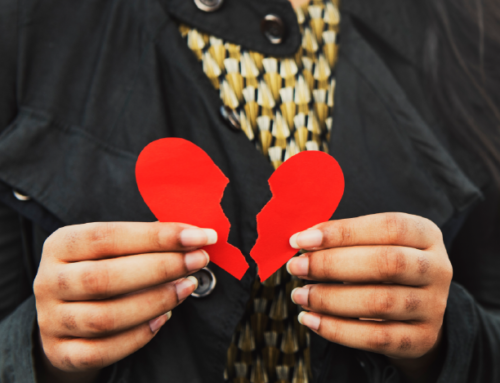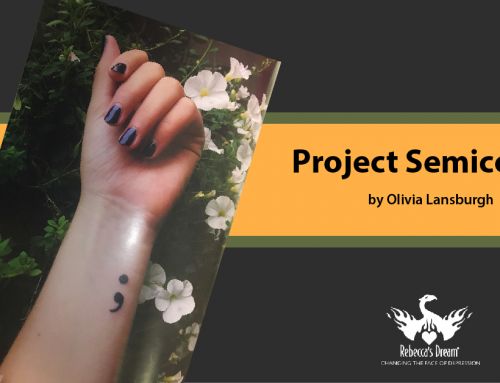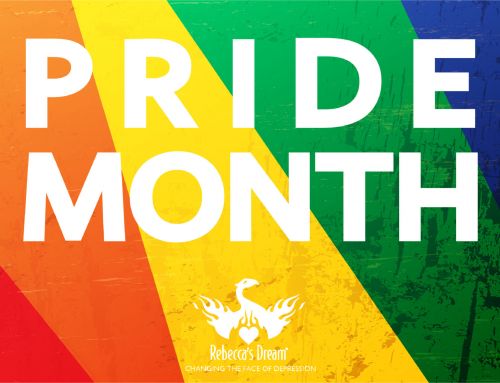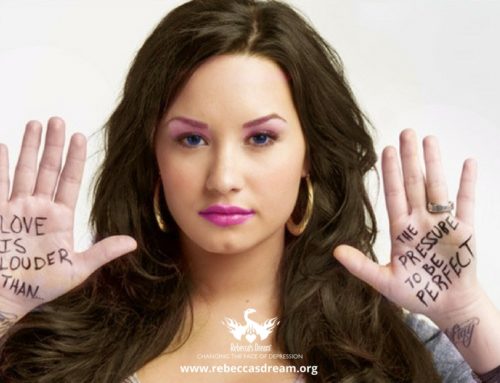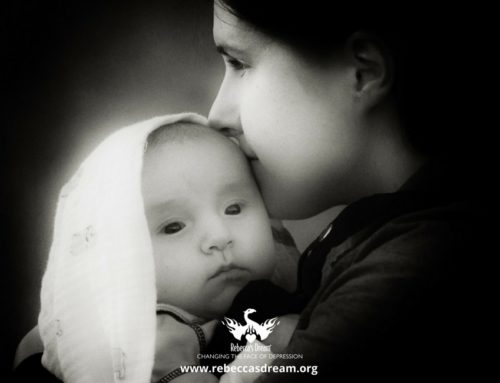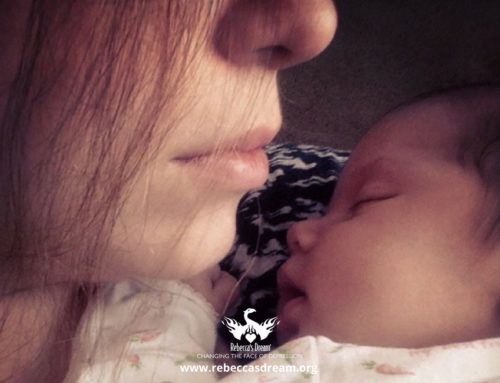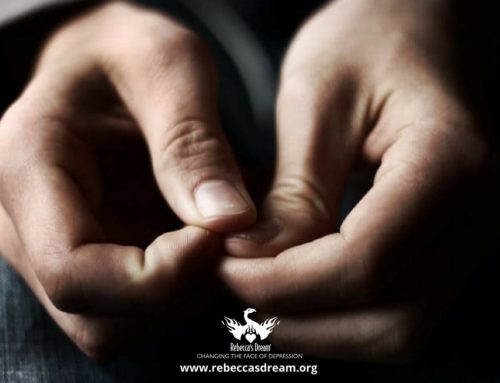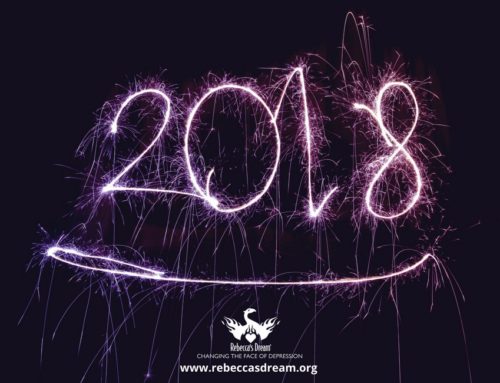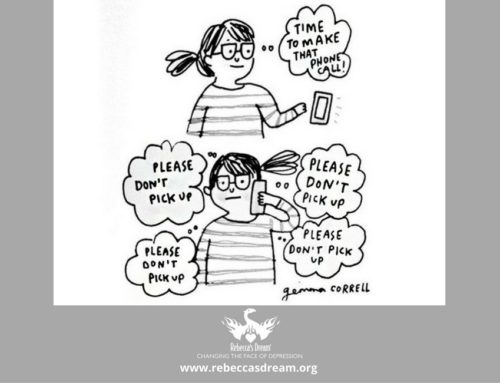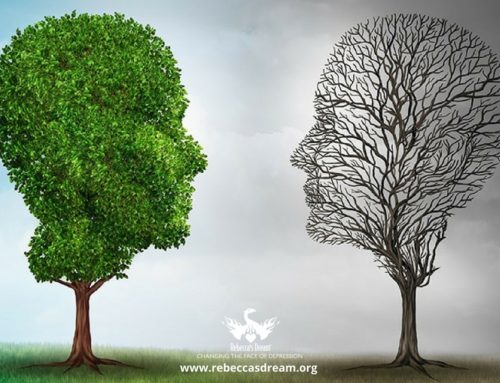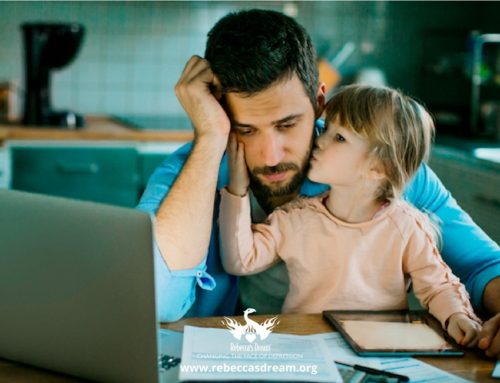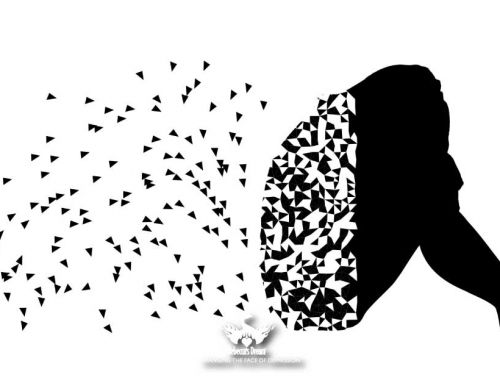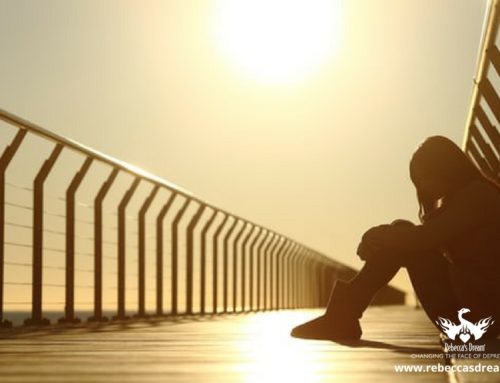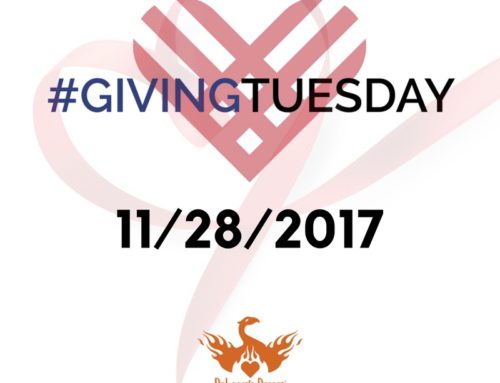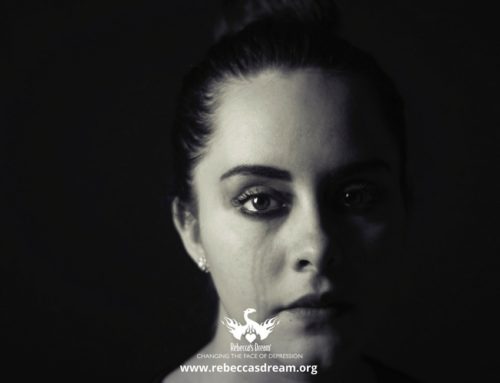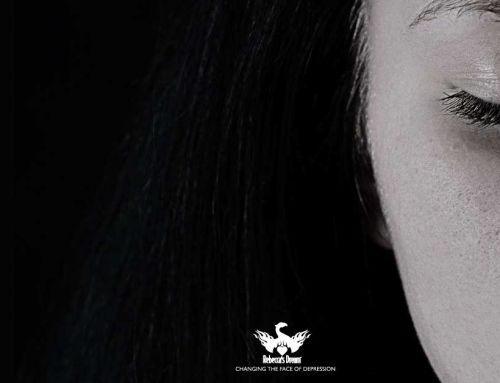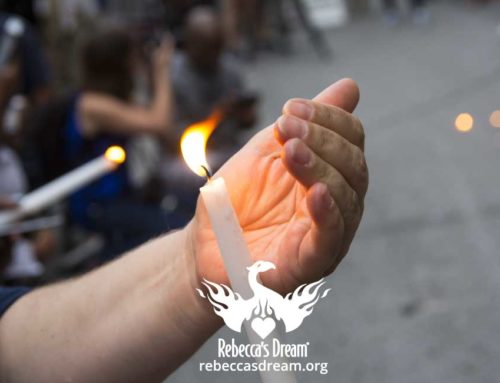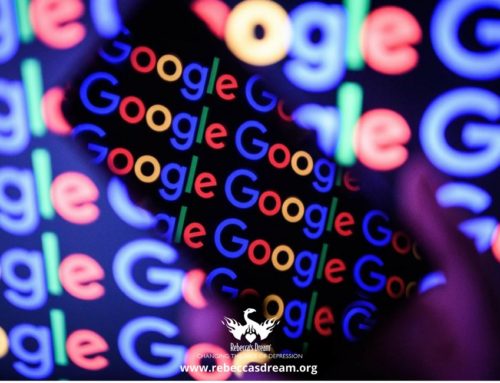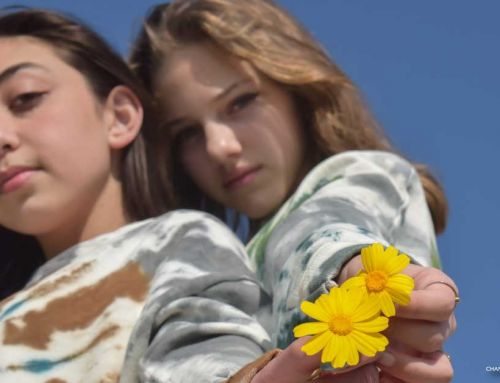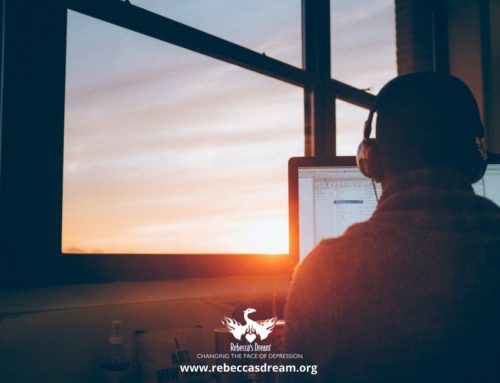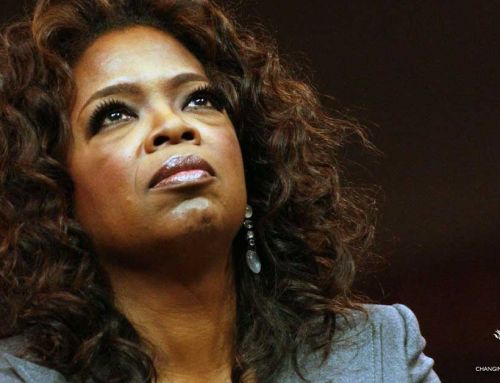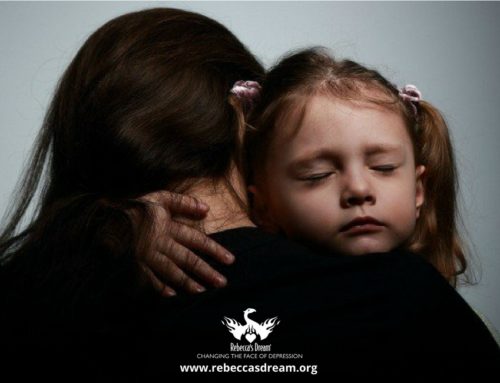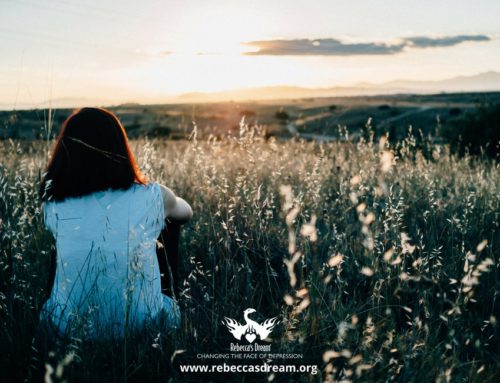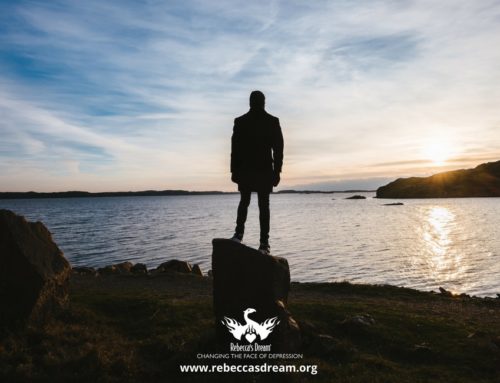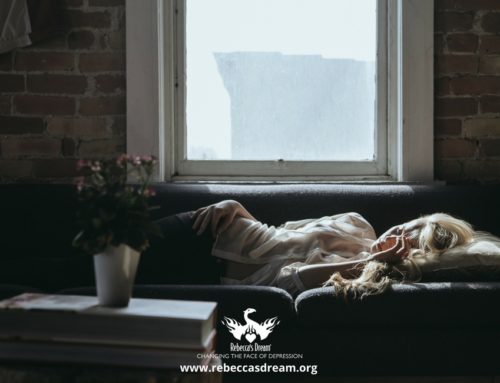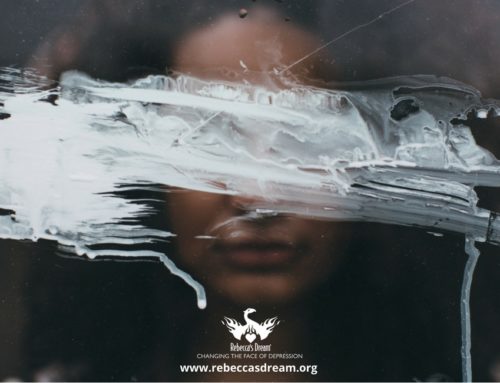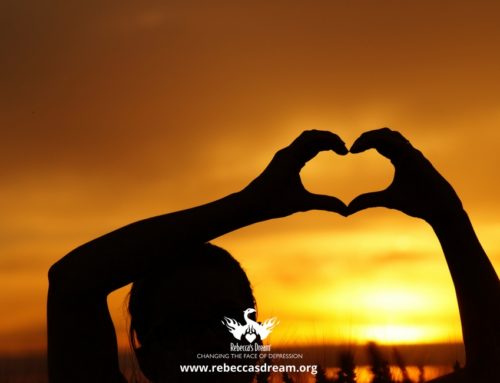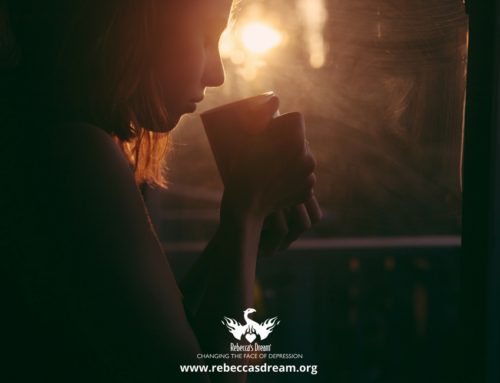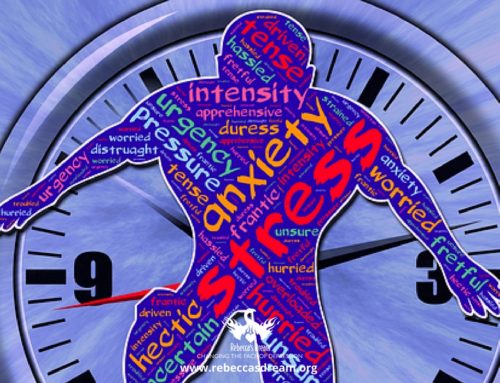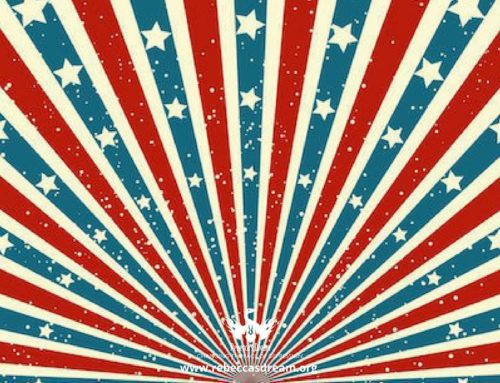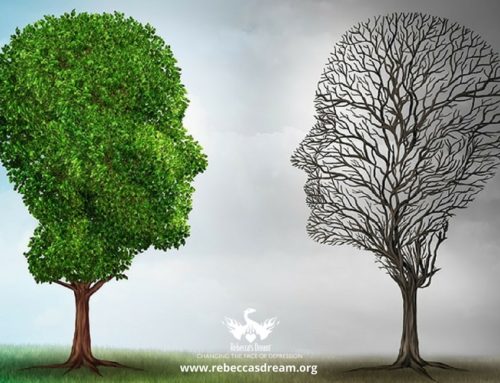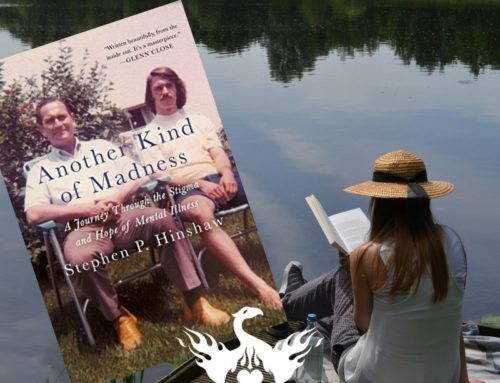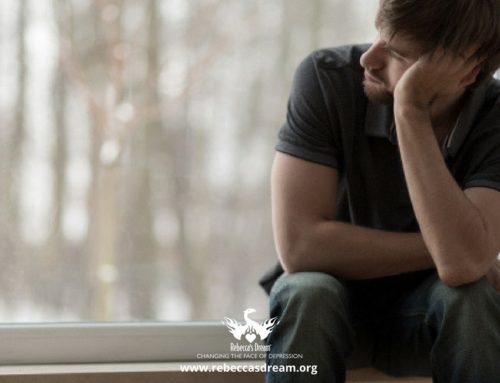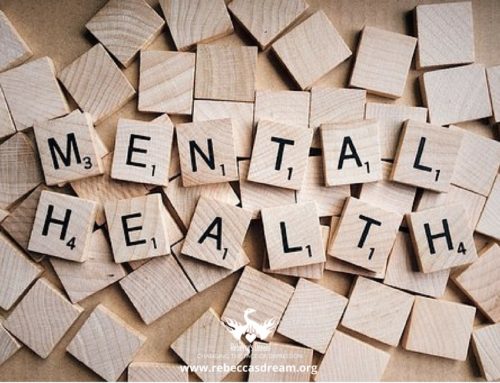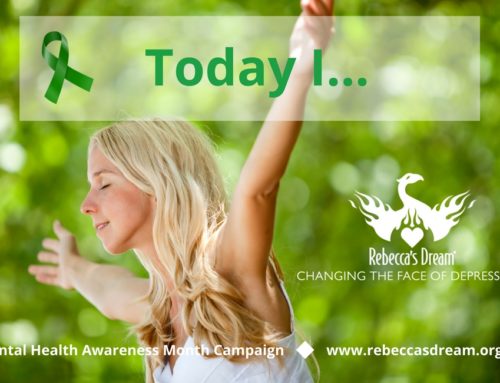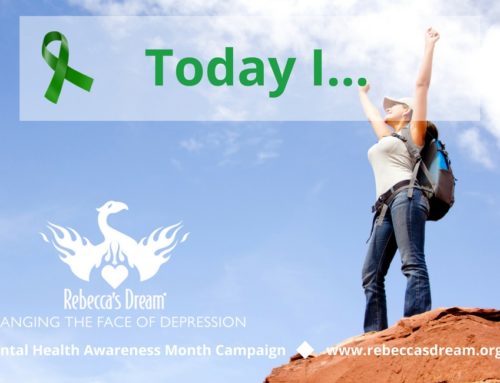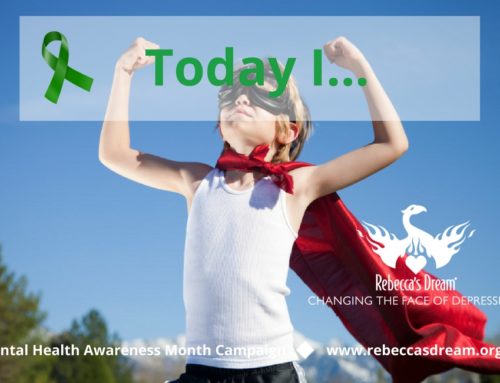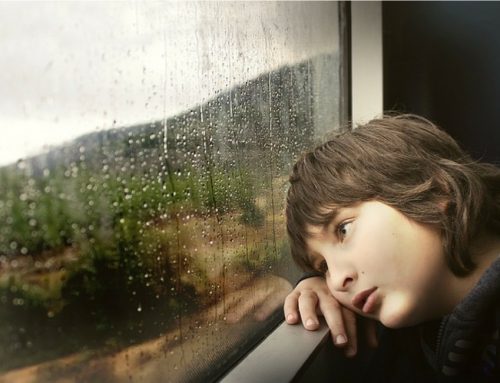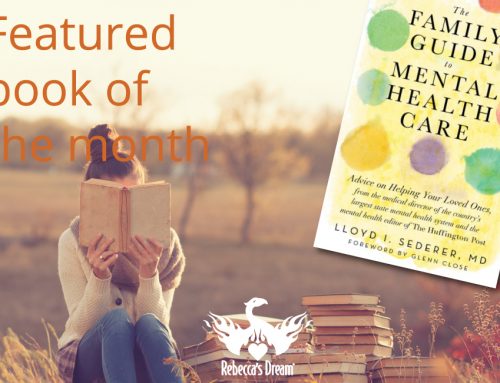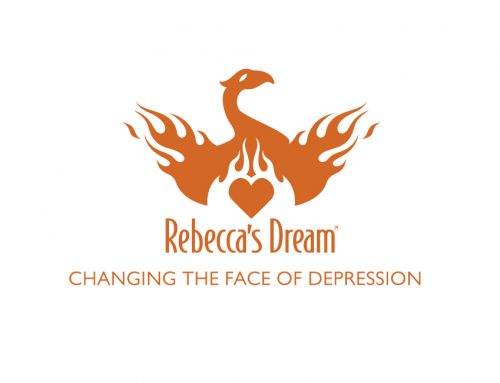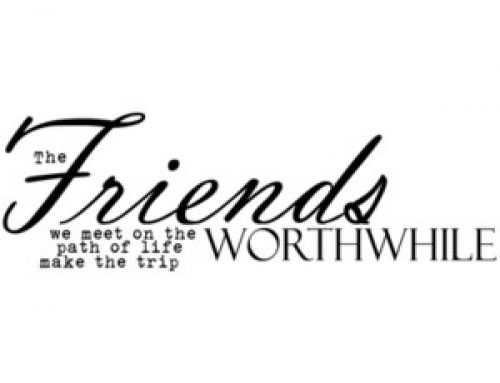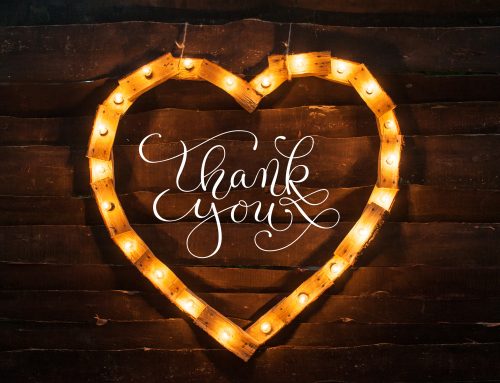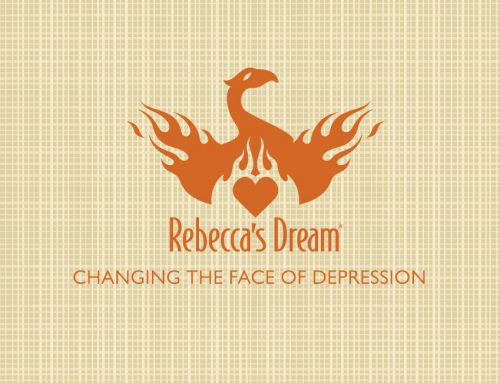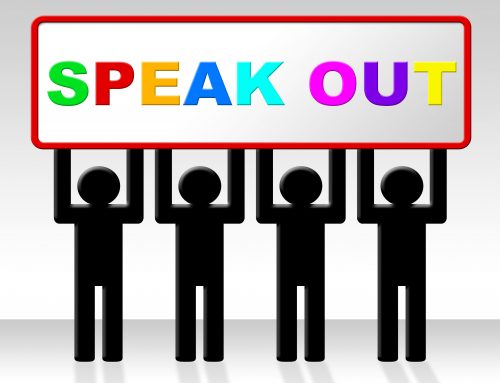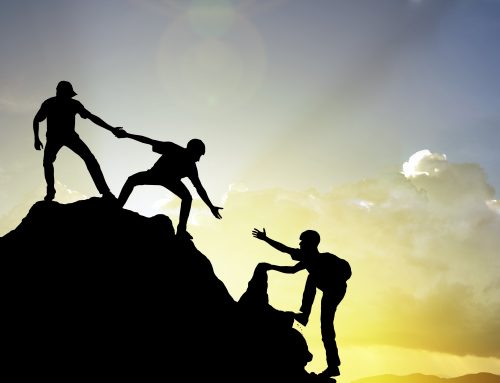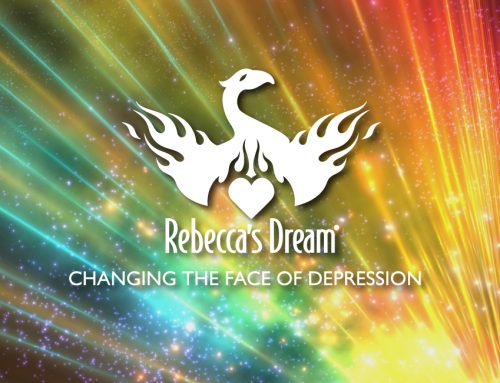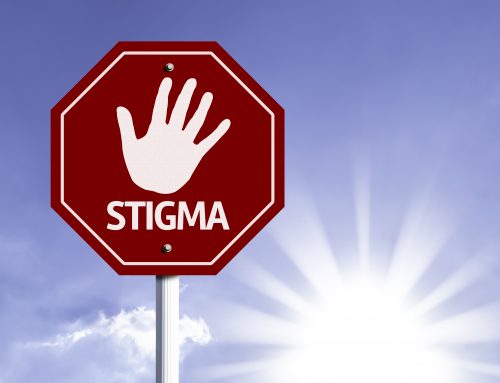Thank you, Bob Marley.
I was ready to sit down until you said…GET UP, STAND UP.
I was ready to back down until you said…STAND UP FOR YOUR RIGHTS.
I was ready to give in until you said…DON’T GIVE UP THE FIGHT.
These are the words to Bob Marley’s 1973 classic, “Get Up, Stand Up.”* It was Marley, wrote Rolling Stone, who introduced the world to reggae, the socially observant music that was the heartbeat of the discontent, downtrodden Jamaican poor. And still today, “Get Up, Stand Up,” says National Geographic, is a human rights statement.
Thank you, Bob Marley, thank you. You wrote those words decades ago, but I needed to hear them here and now… in 2013, as I grapple with a different kind of social discontent and human rights struggle: the stigma ingrained in our society about mental illness. I needed your words to get me back on track. I’ve been feeling beaten down. Weary. Exhausted by the extreme effort it takes to fight that stigma and those ingrained beliefs…to promote awareness and compassionate understanding of depression and bipolar disorder as real diseases.
Just when I start to believe that truth is replacing myths and half-truths about mental illness, something or someone pushes me down. Just when I start to believe that compassionate individuals will stand up for the rights of others, something or someone pushes me down. And just when I start to think that we are so much farther along than we were when you, Mr. Marley, were alive, I am pushed down yet again.
On the heels of the “Dr. Phil” debacle (Gail’s Voice/August 2013), Norm and I were watching In a World, a movie we had long anticipated seeing when…out of the blue, the main character, Carol (played by actress/director/screenwriter Lake Bell) starts spouting words of complete disrespect for those living with mental health issues. This larger-than-life figure on the big screen didn’t stop the tirade for, what felt like, several good, long minutes. The reaction of the people around us in the theater was just like that of the audience in the “Dr. Phil” TV episode: LAUGHTER.
The main character’s words were hateful, degrading, and ignorant. And what did they accomplish? Did they add to the content of the movie in any way? Did they contribute to the movie’s message about the world and work of voice-over artists? Did they help promote any kind of real understanding of the struggle that millions of people who live with mental illness face daily? No, no, and NO. Why add such superfluous—and hurtful—language to a script? Does offending, hurting, dismissing, humiliating, and shaming so many innocent people really and truly qualify as “entertaining”?
I’ve been hypersensitive to the use of shaming language ever since Rebecca’s diagnosis of depression and bipolar disease. It was my maternal instinct to protect her. It was then—and remains so now. But now, since her death in 2004, I feel like that instinctive part of me extends to try to protect everyone with mental illness. I’m a mother who wishes she could help more than 22 million people. No wonder I feel exhausted.
This mother is learning that she cannot change the world. Writers, TV personalities, the average guy and gal will continue to use crude and humiliating language. Perhaps it’s some elusive marketing strategy, but for reasons I truly cannot understand, something about this type of language, terrible and offensive as it is, makes a point, elicits a laugh, and helps make someone somewhere feel like he/she is “better than,” “more than” someone else.
Perhaps this mother cannot change the world. But remembering Bob Marley’s anthem, she is increasingly discontent and is renewing her vow to
GET UP, STAND UP,
STAND UP FOR YOUR RIGHTS!
GET UP, STAND UP,
STAND UP FOR YOUR RIGHTS!
GET UP, STAND UP,
DON’T GIVE UP THE FIGHT!
I ask each of you to get up with me…to confront the damaging social stigma against mental illness. I ask each of you to stand up with me…for the rights of all human beings to live with dignity, hope, and courage. I ask each of you to keep up the fight…against words that hurt and shame and disrespect. Then, someday, Mr. Marley, we will indeed be farther along than we are now. We will be closer to CHANGING THE FACE OF DEPRESSION.
Thank you, Bob Marley. Thank you.
Gail
*Bob Marley & Peter Tosh/The Wailers. “Get Up, Stand Up.” Burnin’. Tuff Gong Records/Island Records. 1973.


